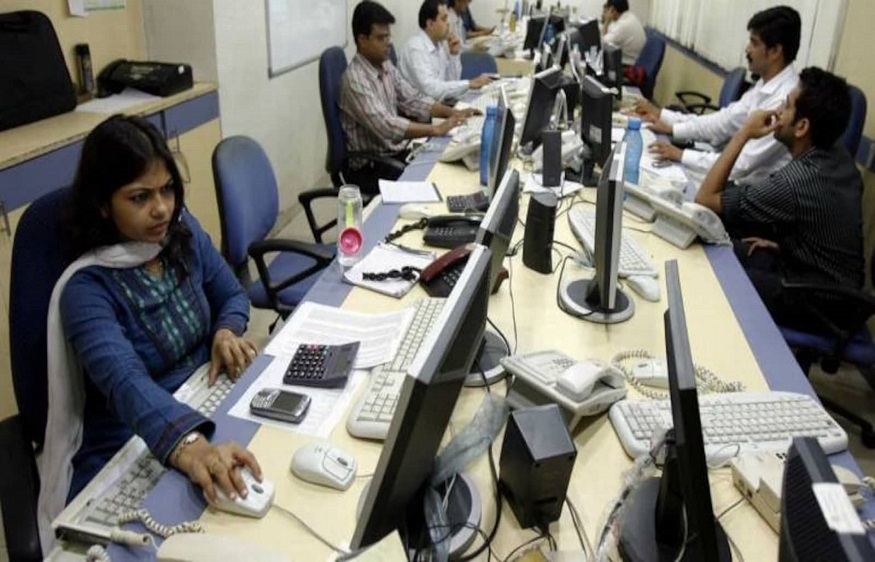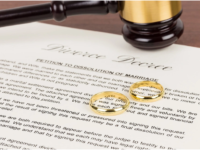What happens if you don’t pay your taxes

Taxes are an essential resource for providing public services such as welfare, education, and environmental maintenance.
If anyone has difficulty paying by the due date due to illness or other circumstances, please contact a tax lawyer as soon as possible.
If a person does not pay his/her taxes by the due date, that person will be charged late fees in addition to the taxes you should one have paid. If anyone leaves their taxes unpaid, not only will a late payment be charged, but a person’s wages, savings, real estate, etc. will be seized, and even the seized property will be converted into cash (public auction, etc.). This series of procedures is stipulated by law and is executed regardless of the person’s will.
In order to ensure the fairness of the tax burden, the prefecture is strengthening dispositions for delinquency, such as seizure, for those who have the ability to pay but do not pay. What will happen if you don’t pay your tax on time:
Flow of disposition for delinquency:
- If payment is not made by the due date, a reminder will be sent.
- Tax department will conduct surveys of public offices, financial institutions, workplaces, life insurance companies, telecommunications companies, etc.
- In addition, based on the provisions of the law, these investigations can be conducted without obtaining the prior consent of the person.
- Institutions will seize assets such as deposits and savings, life insurance claims, and real estate. In addition, salaries, etc. are also subject to seizure as receivables.
- Seized automobiles, real estate, etc. are sold at public auctions, and claims such as deposits, life insurance, and salaries are collected.
What to do if one person is unable to pay one’s taxes
If a person is not able to pay tax due to losses, forget to pay on the last date. Here are some points one should consider. Read below to learn more:
- The main thing is do not let go of it just because you cannot pay. If a person leaves a demand letter or notification, the procedure will move quickly and irreversibly. Even if a person only indicates that he is prepared to pay the local government, then the person may be able to get courtesy measures such as seizure delay, so please confer with the counter first. Learn more what a person can do next.
- Do not leave outstanding invoices unattended; instead, call the local government office and ask whether the bill may be shared. Of course, if a person wants to pay the same amount, but one can do it gradually over a lengthy period of time, such as one or two years, so that the unpaid amount is easily eliminated.
- For resident tax, there is no “exemption” or “discount,” rather there is a “grace.” Depending on the individual’s position, the person may be able to talk with the local government office and request that they wait for a set amount of time for payment.
- Following the imposition of restrictions such as the furnishing of collateral and the settlement of arrears, a grace period is granted.





